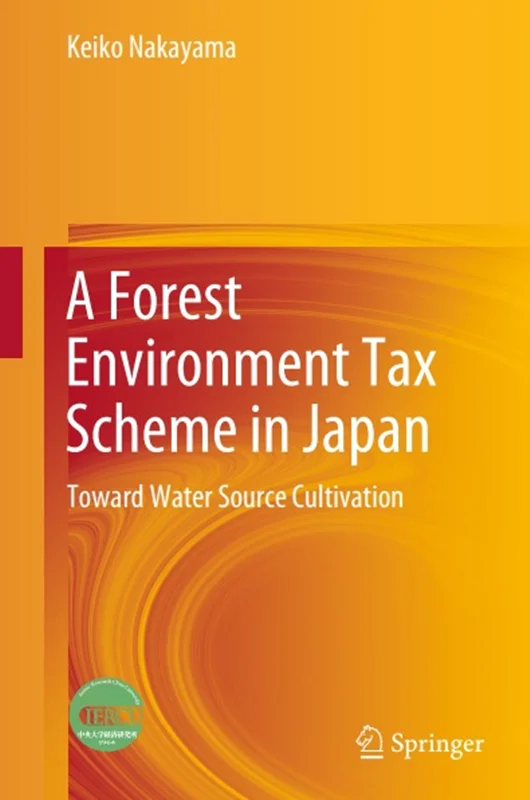A Forest Environment Tax Scheme in Japan: Toward Water Source Cultivation
Keiko Nakayama, 981169351X, 978-9811693519, 9789811693519, B09TSLV8MY
English | 2022 | PDF | 4 MB | 132 Pages
This book is a work that focuses on the forest environmental tax. Forest resources have played a major role in preventing global warming by absorbing carbon dioxide and supplying oxygen. However, global economic growth has adversely affected the global environment and has exacerbated global warming due to excessive consumption of forest resources. The functions or “services” of forests are diverse, but the interest of the citizenry in forest cultivation is scarce since forests are public goods. Concurrently, Japanese forestry, which has played an important role in forest conservation, is steadily declining, and it is no longer possible for private forest operators to maintain the forest environment. Therefore, in order to realize sustainable economic growth, it is necessary to formulate policies for the conservation of appropriate forest environments.
Forest conservation is an especially important policy issue for Japan, where two-thirds of the country is forested. In Japan, a forest environmental tax is being introduced as a forest conservation policy. As of 2021, the forest environmental tax has already been introduced in about two-thirds of the prefectures and soon will be introduced as a national tax. In this book, the significance and issues of the forest environmental tax will be sorted out, and the status of the introduction of the forest environmental tax in Japan will be compared with that of other countries. In addition, there is additional material regarding the water source conservation fund in Toyota City, Aichi Prefecture, a system similar to the forest environmental tax.

